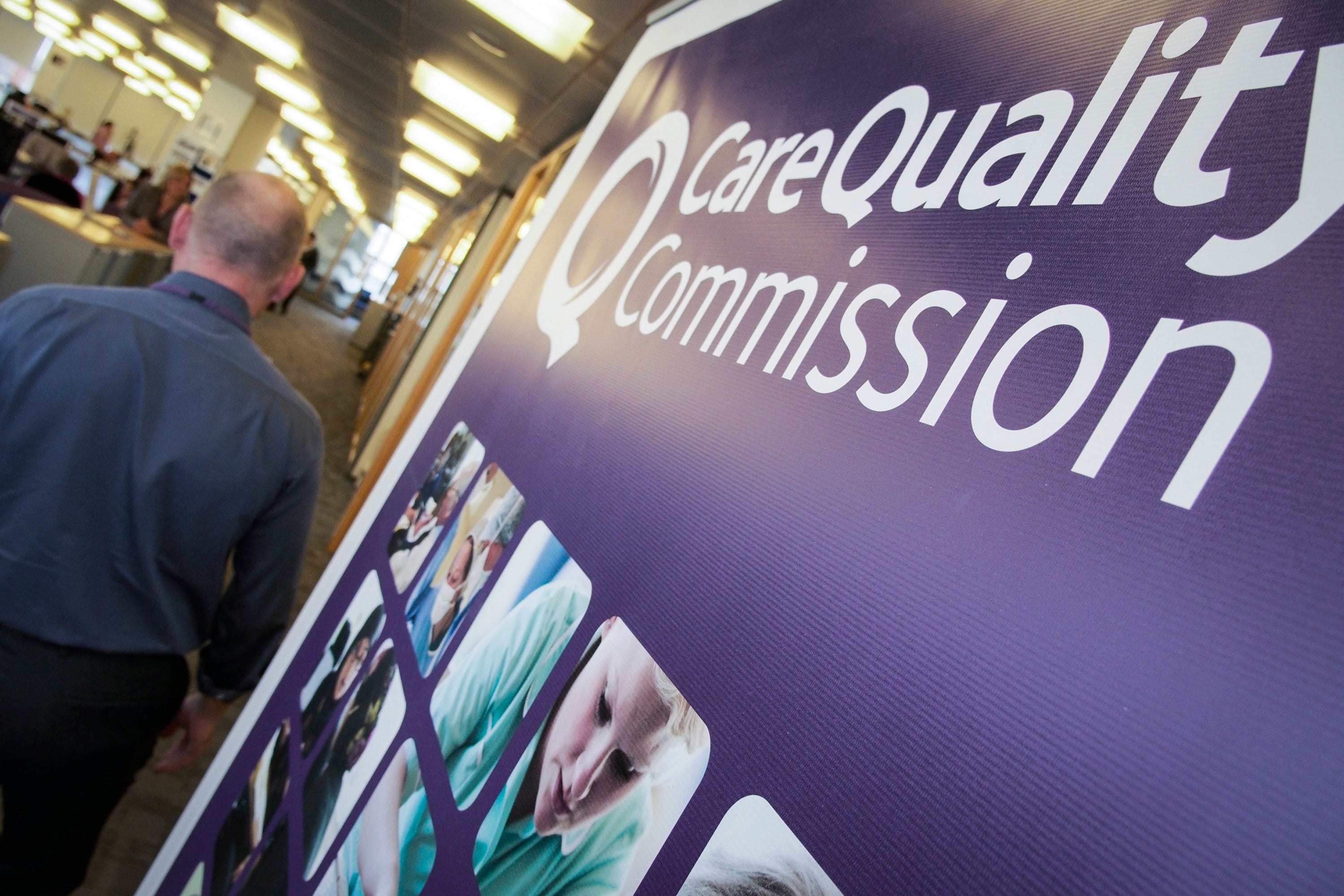Inspectors find blood stains on wall of mental health ward
The regulator inspected the facility after concerns were raised about incidents of self-harm

Blood stains were discovered by inspectors on the wall of a family visiting room at a hospital providing specialist mental health care for young people.
The marks were from patients who harmed themselves by head-banging at Huntercombe Hospital in Maidenhead, Berkshire, and it sometimes took staff a while to clean the stains, the Care Quality Commission (CQC) said.
The regulator inspected the facility after concerns were raised about incidents of self-harm, as well as a complaints from parents of patients about the quality of the care and poor communication from staff.
Inspectors rated the hospital inadequate and placed it into special measures following visits in November and December last year.
The chief executive of the Huntercombe Group, Dr Sylvia Tang, has apologised to young people and their families who were affected by an “unacceptable level of care”.
The CQC report said: “We found dried blood stains on the wall in a room on Severn Ward, which staff told us was used for family visits and sometimes de-escalation support for young people.
“Young people on Kennet Ward also told us that sometimes it took staff a long time to clean up blood stains on walls, that occurred when a patient had harmed themselves by head-banging.”
The 60-bed independent hospital provides specialist mental health services for adolescents and young people aged from 12 to 25.
Inspectors said staff on the two psychiatric intensive care unit wards “did not assess and manage risks to young people and themselves well”, and “relied heavily on medication and observation”.
The CQC raised concerns that medication was being “inappropriately used to manage aggression and distressed behaviour”, a practice they described as chemical restraint.
They said antidepressants were prescribed to young people with no recorded diagnosis of depression at the time, some young people appeared drowsy and sedated, and that three young people were prescribed a sleeping aid that is not licensed for anyone under 18.
Staff did not always complete records of physical health monitoring for a minimum of two hours as required by national guidance after rapid tranquillisation, inspectors said.
The stock medication cupboard and drug cupboard, containing medication in daily use, were disorganised, and staff told inspectors that dispensing drugs could be challenging due to the lack of organisation.
Physical health monitoring equipment was dusty and inspectors said it was not possible to identify when some items were last cleaned or calibrated.
The CQC’s head of hospital inspection and lead for mental health, Karen Bennett-Wilson, said the care provided at the hospital “fell well below the standard that young people should expect to receive”.
She said: “During our inspection, we found a number of serious concerns about the standard of care provided and the risks this posed to young people.
“We found that the service was not ensuring the safety of those in its care.
“Service leaders had not picked up a number of the issues that had led to the inspection, or several of those identified during our inspection, so had not acted to effectively minimise the risk of harm to young people.”
She said the CQC will continue to monitor the service “very closely”, adding that if urgent improvements are not made to ensure people are safe “we will not hesitate to take further action”.
Dr Tang said: “We take the CQC’s report very seriously and I would like to say sorry to young people and their families who were affected by the unacceptable level of care found in two wards of our hospital in particular.
“Substantial changes have recently been made to the hospital’s leadership structure and this new team has already made significant improvements that mean our current patients are receiving good care.”
Additional reporting by agencies
Join our commenting forum
Join thought-provoking conversations, follow other Independent readers and see their replies
Comments



Bookmark popover
Removed from bookmarks